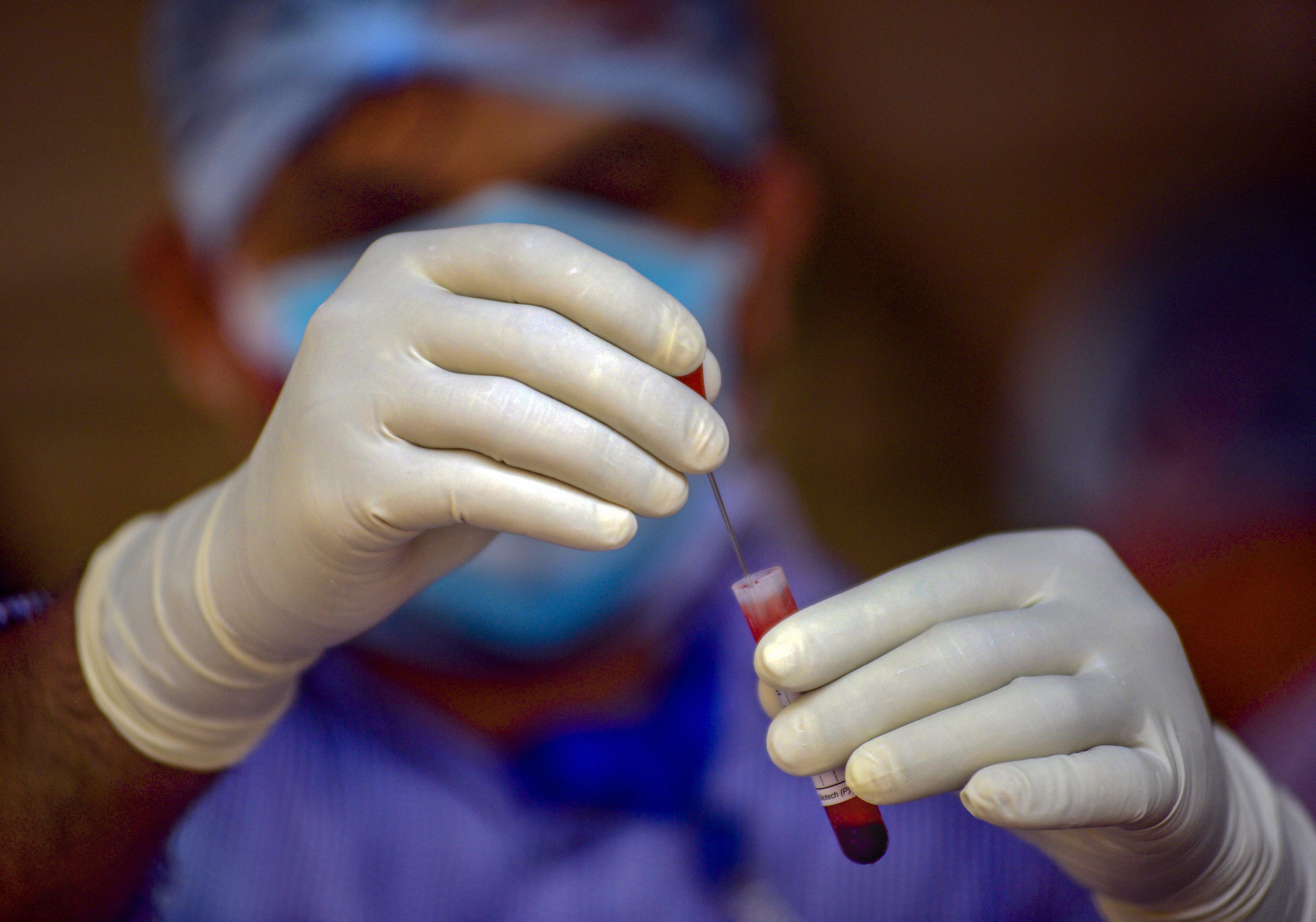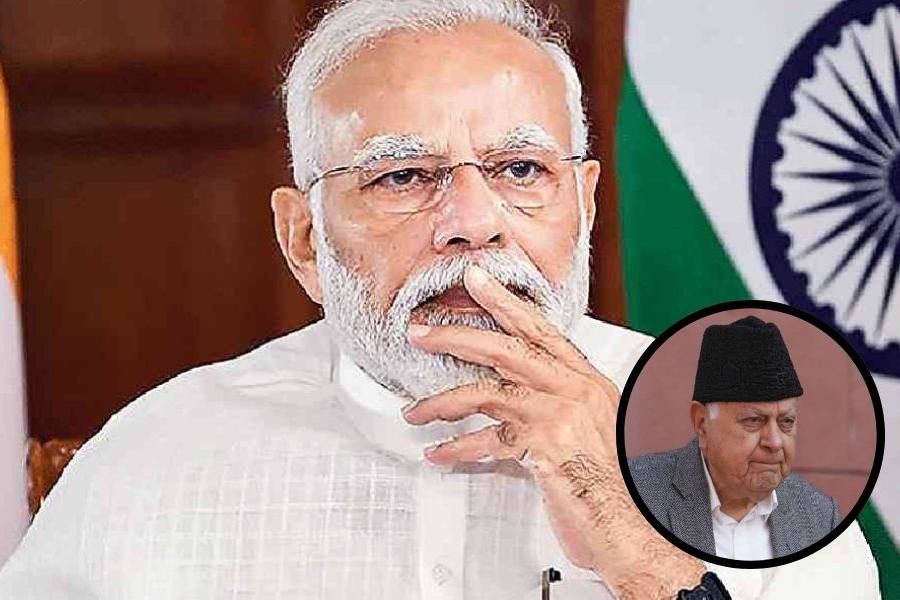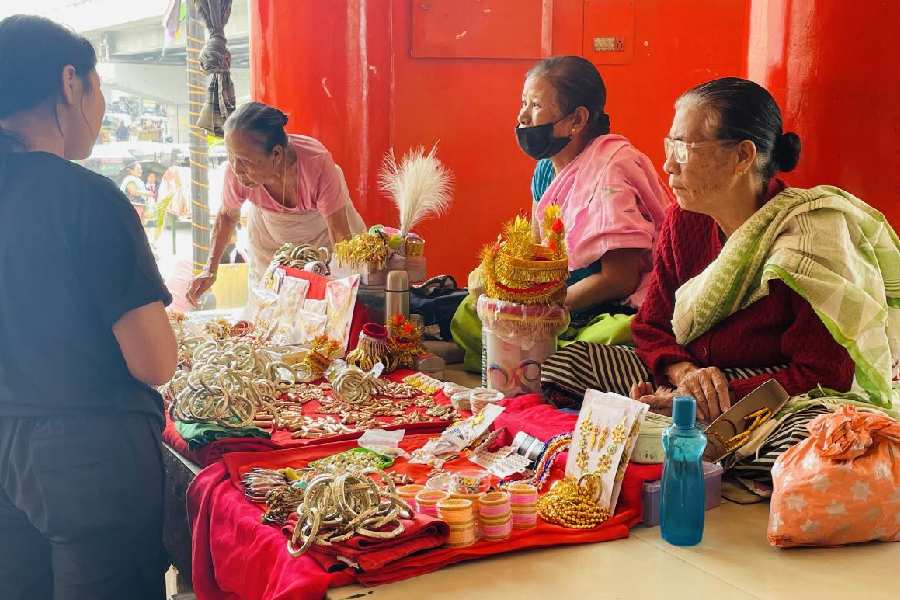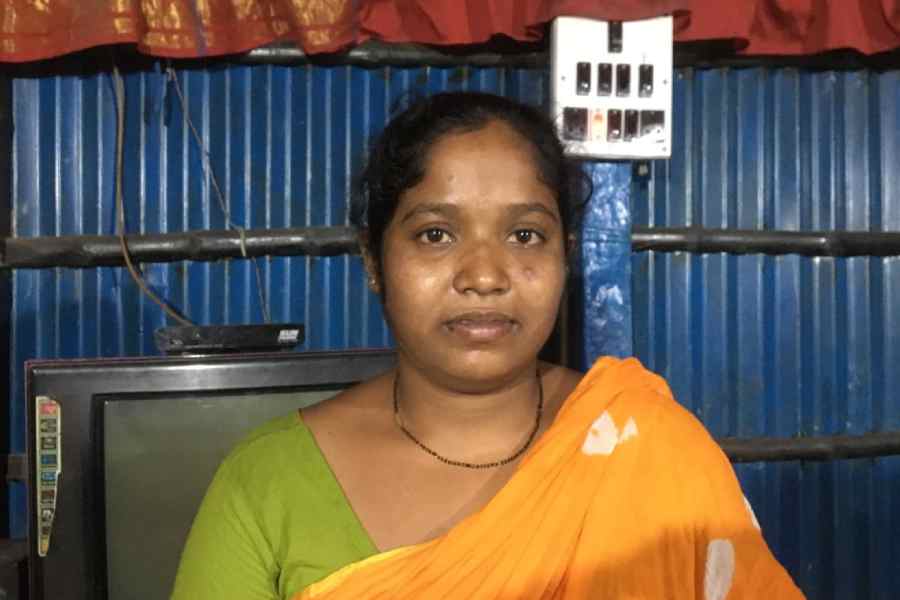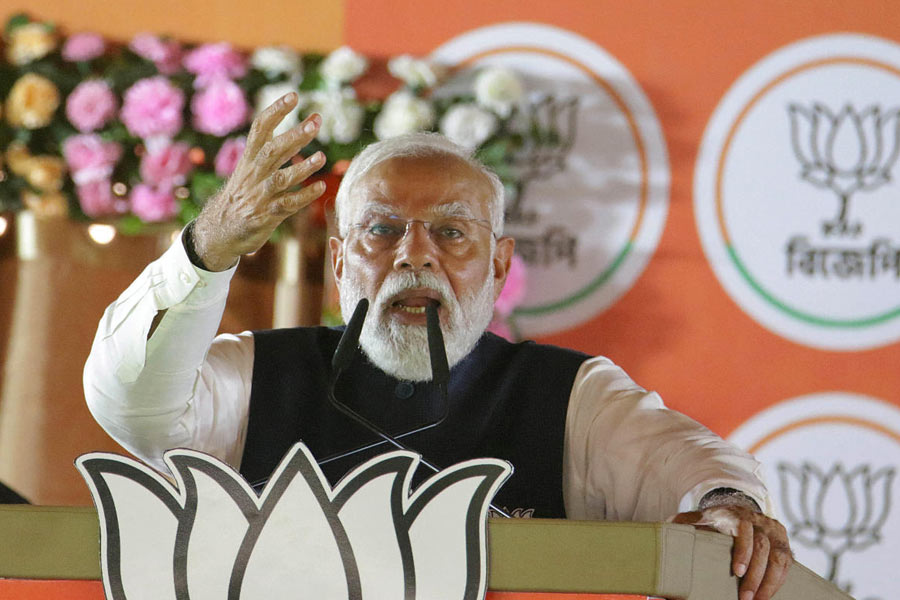Medical researchers have proposed blocking the body’s testosterone production temporarily to treat or prevent severe coronavirus disease in men after they found prostate cancer patients on such therapy had lower risk of Covid-19 compared with patients not receiving the therapy.
The researchers who examined Covid-19 patterns among men in Italy’s Veneto region hard hit by the virus found that patients being treated with androgen-deprivation therapies (ADT) for prostate cancer were less likely to develop Covid-19 and, if infected, less likely to develop severe disease.
The researchers found that only four out of 5,273 men on ADT developed Covid-19 and none of them died, while 114 out of 37,161 men who were not receiving ADT developed Covid-19 and 18 died.
Patients with prostate cancer on ADT had a four-fold reduced risk of Covid-19 compared with the men who did not receive ADT.
The researchers have cautioned that their findings need to be validated through larger studies.
“We believe our data is compelling and hope it inspires clinical trials — we’re proposing short-term ADT to assess its efficacy against Covid-19,” Andrea Alimonti, professor of molecular oncology at the University of Italian Switzerland, Bellinzona, Switzerland, told The Telegraph over the phone.
Across the world, doctors have observed that Covid-19 has struck more men than women.
And medical researchers have speculated that women have a biological advantage over men against Covid-19 through differences in hormones, immune system or their two X chromosomes.
Multiple studies over the past decade have suggested that women have a stronger immune response than men and are less susceptible to infections, while being more susceptible than men to autoimmune diseases.
The study by Alimonti and his colleagues, to be published on Thursday in the Annals of Oncology, is the first to suggest that ADT appears to protect men from Covid-19. Although patients with cancer had a higher risk of Covid-19, prostate cancer patients receiving ADT appeared at lower risk than other men.
Their findings suggest that even if men do not have prostate cancer, those infected could take ADT to reduce the severity of symptoms and those at high risk of developing Covid-19 could take it to prevent the infection.
'We're proposing short-term ADT -- there are medicines that can bring testosterone production to near zero within 48 hours,' Alimonti said. 'Once the ADT is discontinued, the hormone level rises within 30 days. If given for no longer than a month, such medicines do not have major side effects.'
Alimonti said they began to explore the connection between ADT and Covid-19 after reading research papers that suggested that a protein called TMPRSS2 helped Sars-Cov-2, the virus that causes Covid-19, infect healthy human cells.
This protein is a member of a class of proteins involved in several processes, including cancer and viral infections. 'We know prostate cancer patients have high levels of this protein and ADT seeks to regulate this. We thought prostate cancer patients on ADT would be a perfect way to examine this connection.'
Medical oncologists have cautioned that while the findings are encouraging, they should not prompt the direct application of ADT on Covid-19. 'The study provides a rationale to evaluate the efficacy of ADT in patients with Covid-19,' Fabrice Andre, a medical oncologist at the Institut Gustav in France and editor of the Annals, said.
'This class of drugs should not be used for Covid-19 unless trials have confirmed its efficacy,' Andre said.

